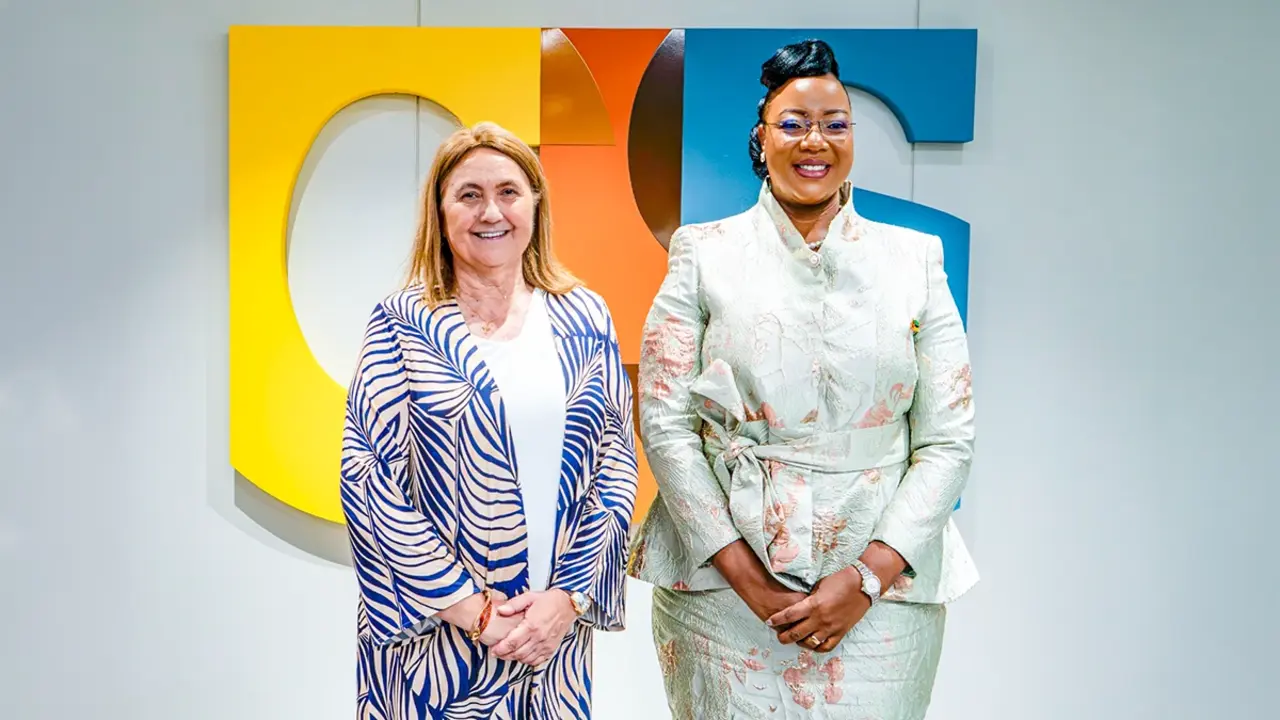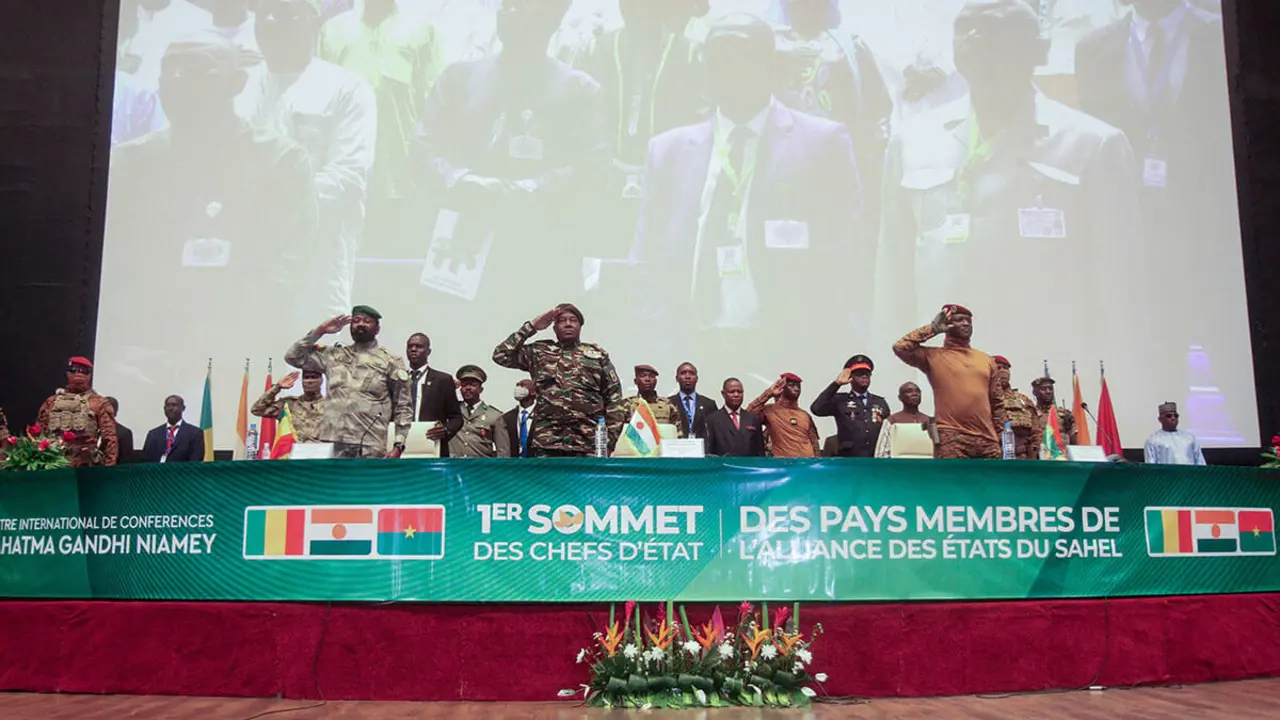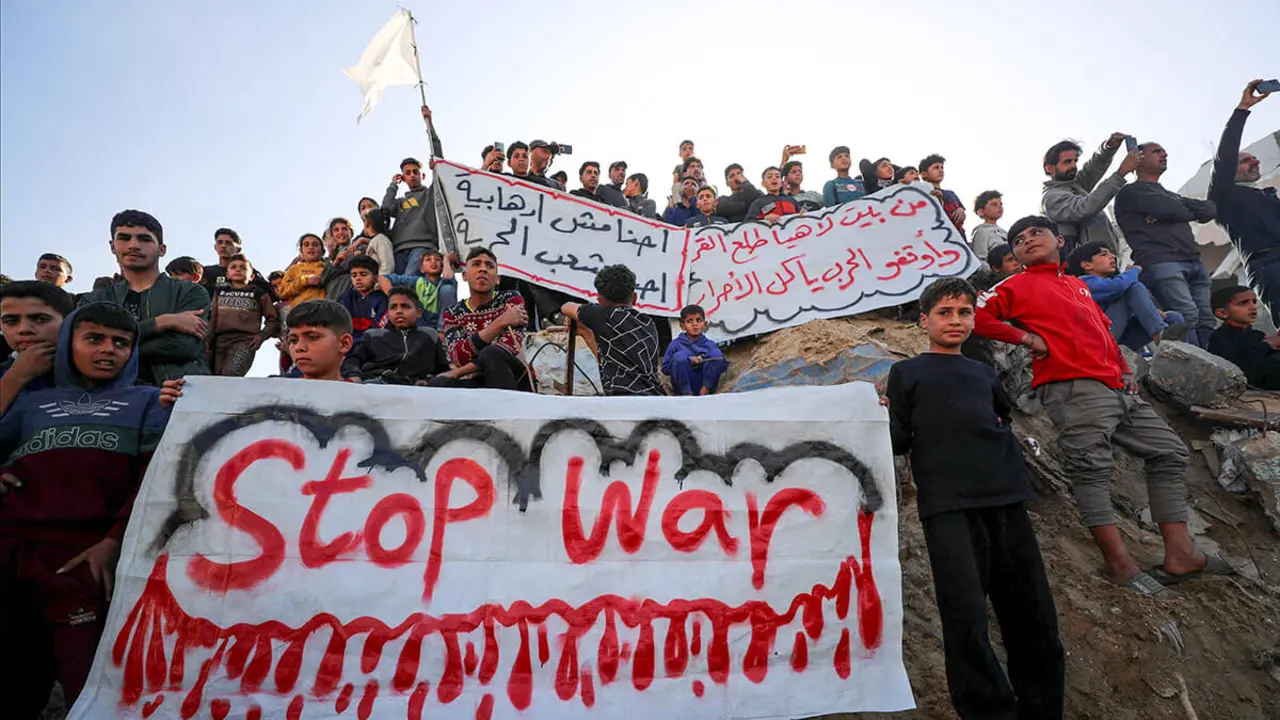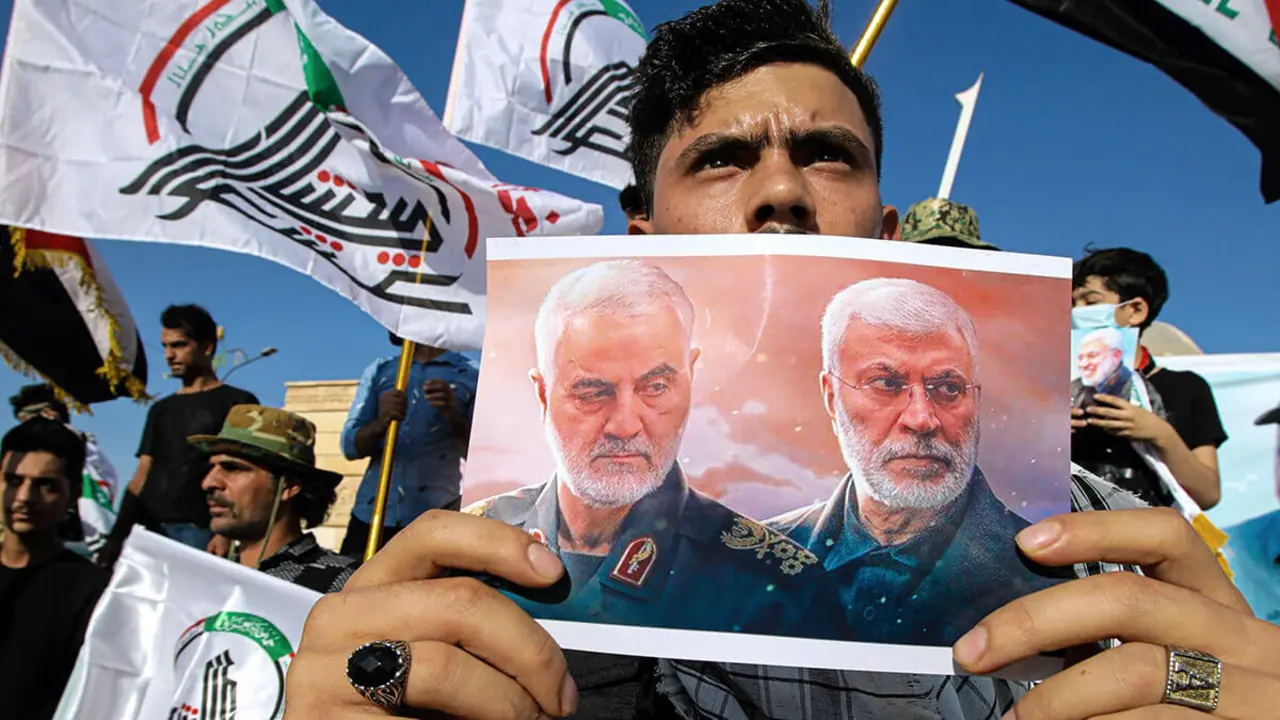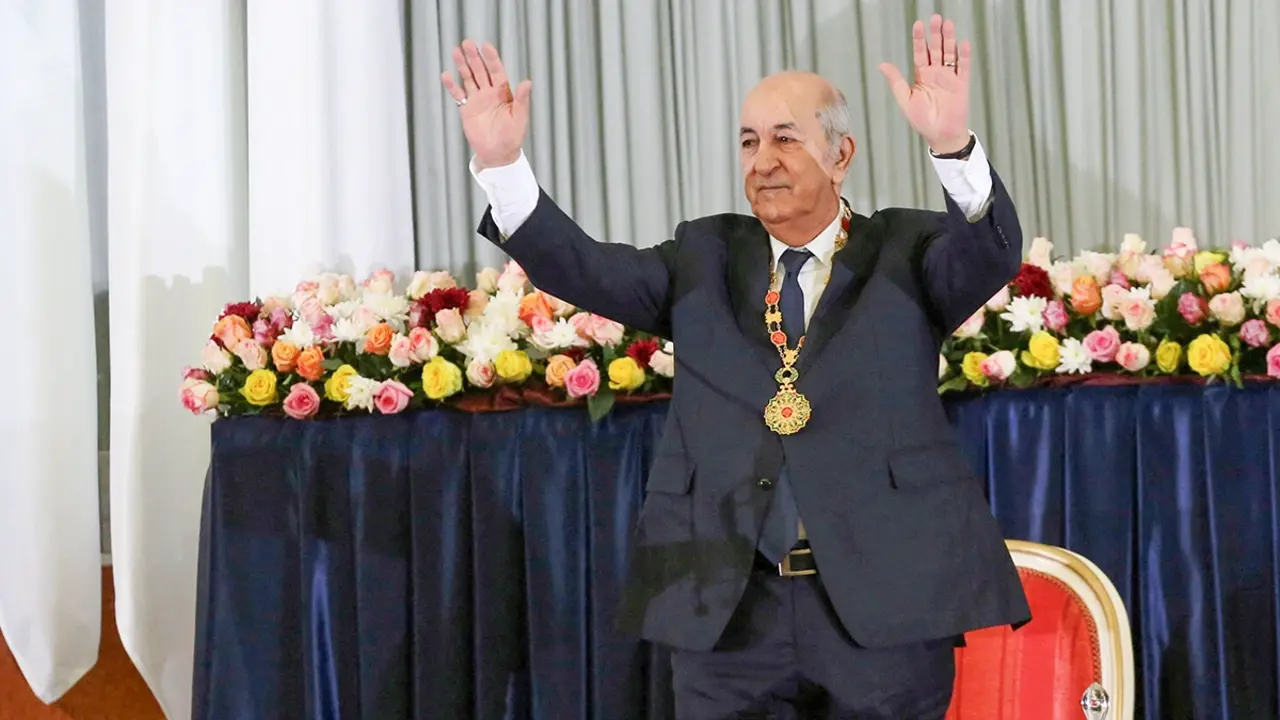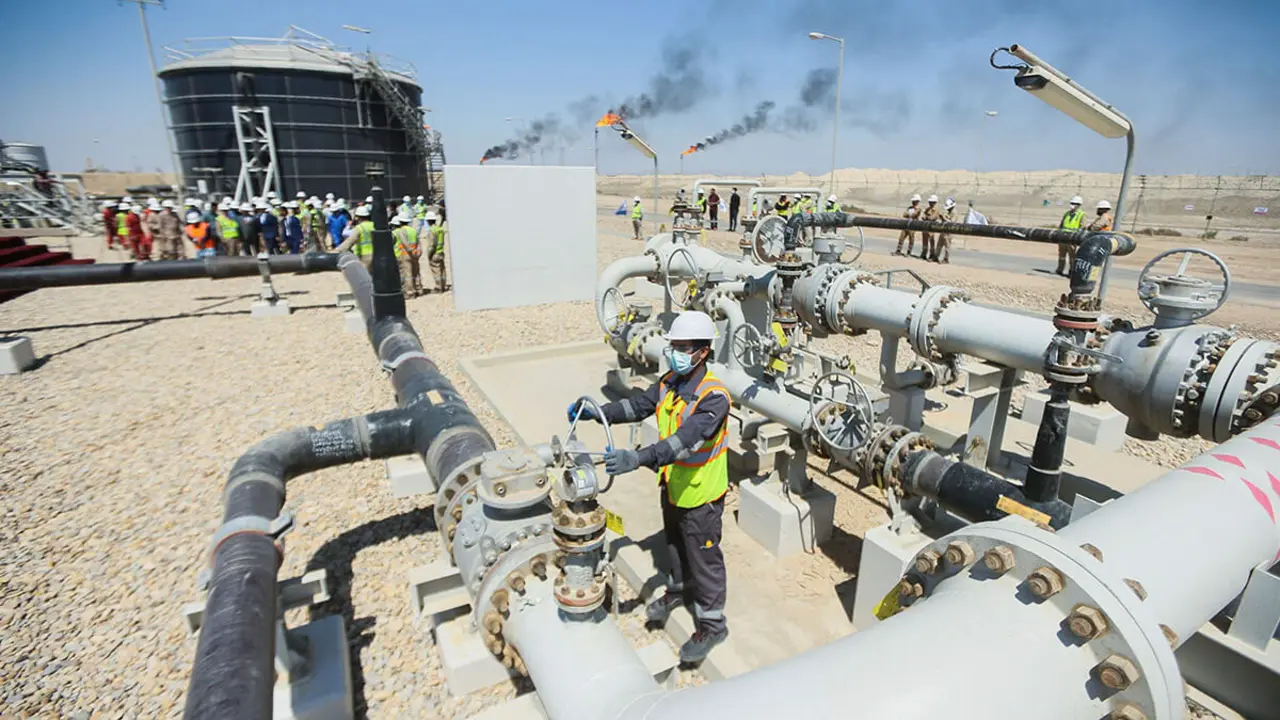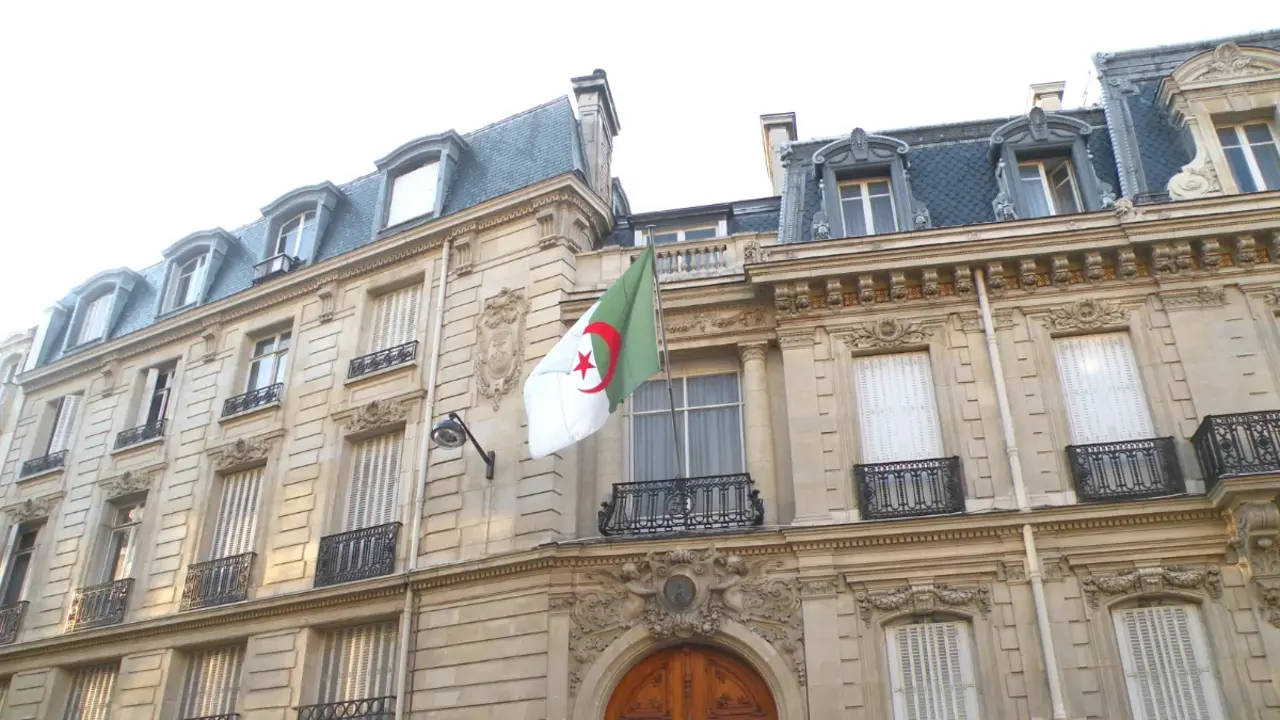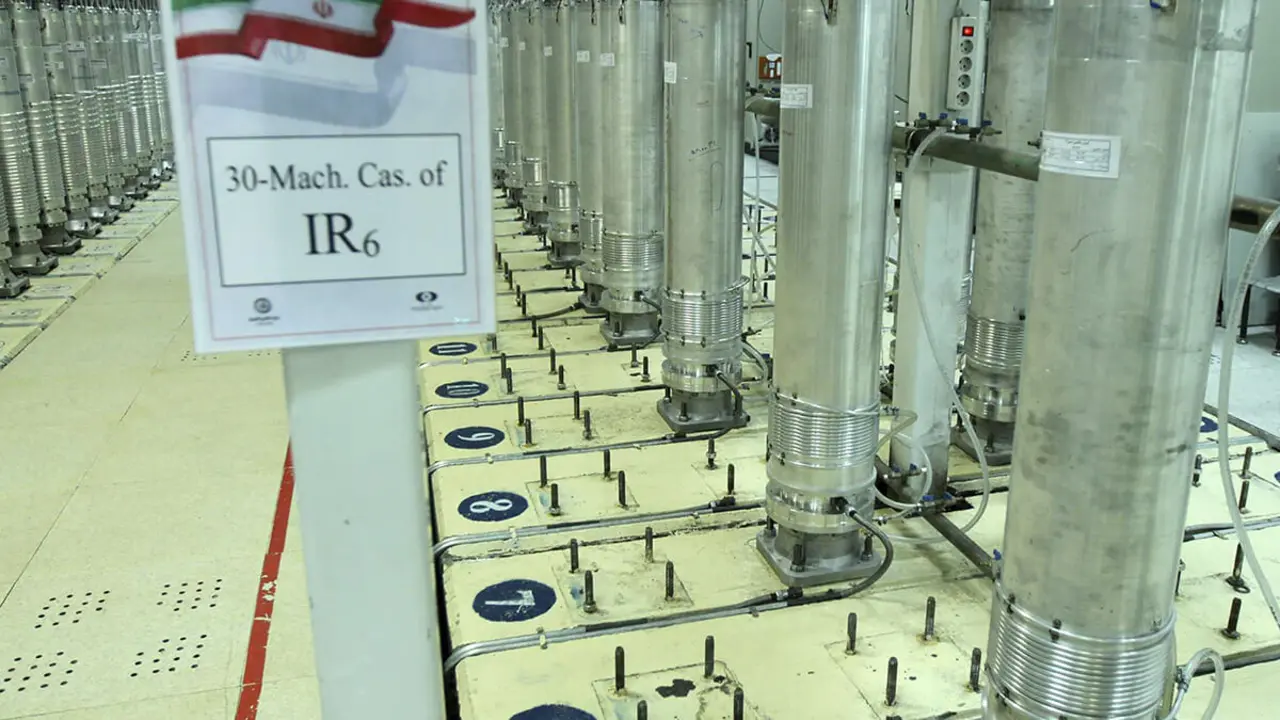Al-Sisi calibrates approach to the Grand Ethiopian Renaissance Dam

A decade after the start of tensions in the Nile basin over the construction of the Grand Ethiopian Renaissance Dam (GERD), Egypt has decided to recalibrate its diplomatic approach to the dispute. Cairo is abandoning the hard line in favour of "diplomacy and patience" with the aim of unblocking a tripartite agreement with the authorities in Khartoum and Addis Ababa, according to the latest statements by Egyptian President Abdel Fattah al-Sisi.
Speaking to the media from the industrial city of Sadat in the governorate of Menoufia, the Egyptian leader acknowledged that he had done "everything possible" to reach an agreement with Ethiopia. "We speak with diplomacy, vision, patience and, at the same time, we carry out projects to make the most of the water and recycle it once, twice and three times," said the former Defence Minister after the 2011 revolution. But he was also adamant: "No one will compromise Egypt's water quota".
In early June, Al-Sisi announced that the country was working to expand its water resources and "save every last drop", and that it had decided not to enter into conflict with its neighbours to increase the water quota "despite the increase in our population". This conciliatory stance contrasts with the unilateral actions taken by the Ethiopian government, which has not received the approval of Sudan or Egypt to move forward with the development of the GERD.

Abiy Ahmed's government launched the first phase of the dam's energy production in February in the face of criticism from Egypt and Sudan, which accused the prime minister of violating the declaration of principles signed in 2015. This document includes a commitment by the parties "not to cause significant damage to the utilisation of the Blue Nile". Abiy, for his part, tweeted that the process "is good news for our continent and the downstream countries we aspire to work with".
Ethiopia carried out the first two phases of filling unilaterally, and the authorities are expected to start the third phase during the next rainy season between August and September. However, the full filling of the dam is expected to take between five and seven years. According to Kifle Horo, director of the GERD project at the Ethiopian Electricity Company, the filling process is automatic and cannot be stopped.
Horo acknowledged for the first time that Egypt and Sudan could be harmed by the filling of the dam in statements described as "inflammatory" by the Sudanese Foreign Ministry. Khartoum had been neutral from the outset of the dam project, but in recent years it has moved closer to Egypt's position on the dispute. Until the GERD director's statements, the Addis Ababa version was that there would be no consequences for these countries. Now the Ethiopian authorities are backtracking.
Egypt's new approach is a response to the country's harsh water conditions. It is one of the most water-scarce states in the world. To meet its needs, Cairo requires about 114 billion cubic metres of water per year when the available resources are estimated at 74 billion, forcing the authorities to invest billions of euros in water plans and infrastructure such as treatment plants, desalination, rationalisation, etc.
"The water issue is existential for Egypt," says analyst Marcos Bosschart. "In the most optimistic scenario, 35% of arable land would be lost if filling takes place in less than five years". The latest research estimates that the filling of the reservoir does not exceed 15% of its capacity.
The Egyptian president met a fortnight ago with European Commissioner for Neighbourhood and Enlargement Olivér Várhelyi to negotiate EU assistance in the GERD dispute. At the end of the meeting, Várhelyi expressed the Commission's readiness to find a solution "acceptable" to all parties.

The Grand Renaissance Dam came into being in 2011 after a $4.8 billion construction contract was signed with Italy's Salini Costruttori to be the largest hydroelectric dam on the continent. However, the ambitious project has become the subject of countless disputes between Egypt, Ethiopia and Sudan. Cairo and Khartoum see the dam as threatening their water supplies on the Nile, on which they depend for their needs.
The tensions have threatened to spark a military confrontation in the region. Threats have been constant in recent months, but blood has not flowed into the river. Egypt has flatly rejected any intention to go to war with Ethiopia over the dam dispute, keeping diplomatic channels open. The Ethiopian Foreign Ministry has taken advantage of this to show interest in resuming negotiations.
Kinshasa, the capital of the Democratic Republic of Congo, hosted the last round of talks in April 2021, which ended without significant progress. The parties accused each other of paralysing the negotiations and the talks stalled until, in the summer, Cairo and Khartoum managed to take the dispute to the UN Security Council, which issued a presidential statement calling on the parties to continue negotiations within the framework of the African Union (AU), without success.

